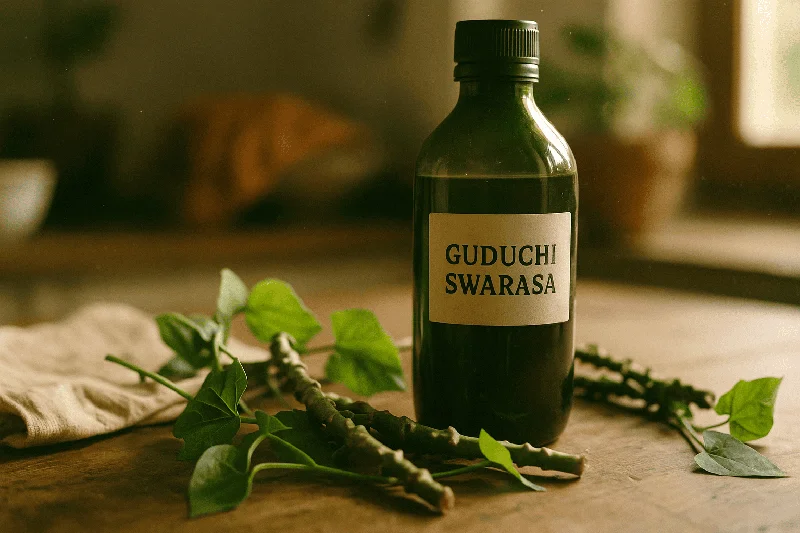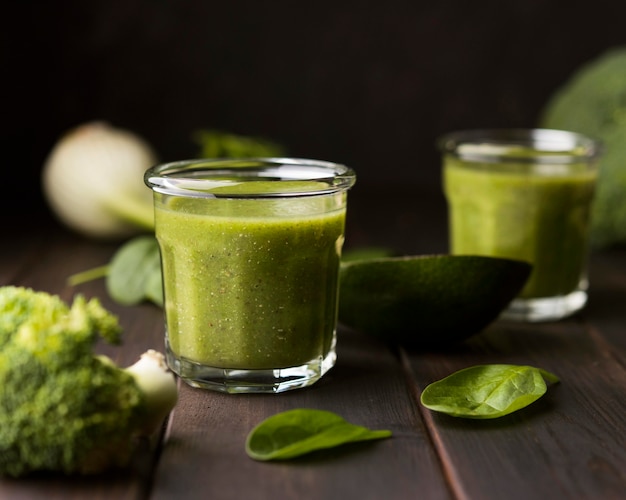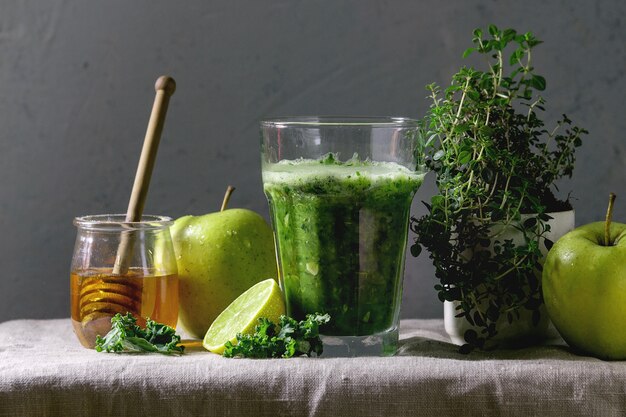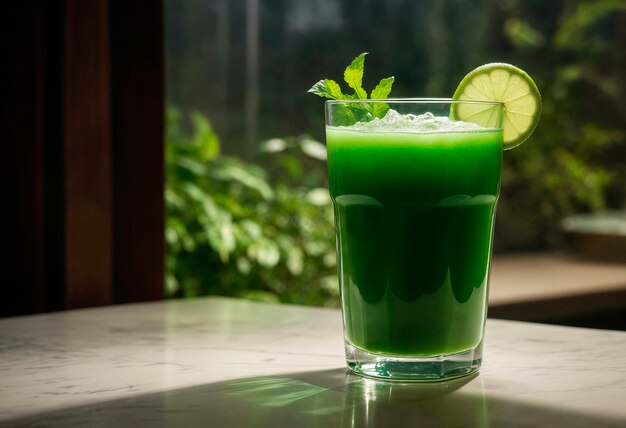आयुर्वेदिक डॉक्टर से प्रश्न पूछें और निःशुल्क या भुगतान मोड में अपनी चिंता की समस्या पर ऑनलाइन परामर्श प्राप्त करें। 2,000 से अधिक अनुभवी डॉक्टर हमारी साइट पर काम करते हैं और आपके प्रश्नों का इंतजार करते हैं और उपयोगकर्ताओं को उनकी स्वास्थ्य समस्याओं को हल करने में प्रतिदिन मदद करते हैं।
Guduchi Swarasa: Unlocking Giloy’s Ayurvedic Potential

Guduchi Swarasa—also commonly referred to as “Giloy Juice” or “Amrita”—has steadily gained recognition in both traditional Ayurvedic circles and modern integrative healthcare discussions. Renowned for its purported immunomodulatory, antioxidant, and rejuvenating properties, Guduchi Swarasa (extracted from the stem of the herb Tinospora cordifolia) occupies a unique place in herbal medicine. But how much of its reputation is backed by science, and how can you use it effectively and safely? In this article, we delve deep into the origins, benefits, research evidence, and practical applications of Guduchi Swarasa, providing balanced insights and expert-backed guidelines.
Table of Contents
स्वयं दवा न लें और प्रतीक्षा न करें। अभी डॉक्टर से चैट शुरू करें
Understanding Guduchi Swarasa
Guduchi Swarasa is an herbal juice extracted from the fresh stems (and sometimes leaves) of the plant Tinospora cordifolia, known in Sanskrit as “Guduchi” or “Amrita” and in popular parlance as “Giloy.” In Ayurveda, “Swarasa” refers to the freshly squeezed juice of a plant, believed to contain the highest potency of its bioactive constituents.
-
Botanical Name: Tinospora cordifolia
-
Family: Menispermaceae
-
Common Names: Giloy, Guduchi, Amrita, Heart-leaved Moonseed
According to Ayurvedic texts, Guduchi Swarasa is considered a rasayana (rejuvenator) that supports the immune system, aids digestion, and helps restore overall vitality. Thanks to modern scientific techniques, ongoing research continues to validate many of these claims, making Guduchi Swarasa a notable subject for those seeking natural therapeutic options.
Historical and Cultural Significance
Historically, Guduchi has been referenced in classic Ayurvedic treatises, including the Charaka Samhita and the Sushruta Samhita, as a potent herb for enhancing longevity and vitality. The name “Amrita,” meaning “nectar of immortality,” underscores the esteem in which it has been held for centuries. Ayurvedic practitioners often prescribed Guduchi Swarasa to address:
-
Chronic fevers
-
Digestive imbalances
-
Lethargy and fatigue
-
Skin conditions
-
General immune support
Culturally, Guduchi is revered in India and neighboring regions for its symbolic representation of resilience and natural detoxification. Families in many parts of South Asia traditionally cultivated Guduchi vines at home, sometimes freshly extracting the juice for daily consumption during seasonal changes.
Key Phytochemical Components
Modern laboratory studies have identified several bioactive compounds in Guduchi that may account for its diverse potential health benefits:
-
Alkaloids: Known for their possible analgesic and anti-inflammatory effects.
-
Terpenoids: These plant-based chemicals often exhibit strong antioxidant properties.
-
Lignans: May contribute to antimicrobial and anti-inflammatory actions.
-
Polysaccharides: Investigated for their immunomodulatory potential.
The synergy of these compounds is considered fundamental to Guduchi’s reputation for bolstering the body’s defense mechanisms.
Evidence from Modern Research
While Ayurvedic medicine has lauded Guduchi for centuries, modern science has begun to systematically assess its efficacy and safety. Below is a snapshot of key findings, primarily sourced from peer-reviewed journals and credible medical databases like PubMed:
-
Immunomodulatory Effects:
A study published in the Journal of Ethnopharmacology (2019) indicated that Guduchi extracts enhanced the activity of certain immune cells, potentially improving the body’s response to viral and bacterial pathogens. -
Antioxidant and Anti-Inflammatory Potential:
Multiple in vitro studies have shown that Tinospora cordifolia can reduce oxidative stress markers and inflammatory cytokines, suggesting a role in mitigating chronic inflammation. -
Blood Glucose Regulation:
Preliminary research in Phytotherapy Research (2020) examined Guduchi’s impact on glycemic control. Results suggested modest benefits in regulating blood sugar levels among pre-diabetic subjects, although larger human trials are needed to confirm these findings. -
Hepatoprotective Activity:
Some animal studies propose that Guduchi may protect liver cells from toxins, possibly by upregulating antioxidant enzymes. This hepatoprotective effect could be a significant breakthrough for herbal-based liver support, although more clinical trials are warranted.
It is important to note that while these studies provide encouraging data, most researchers underscore the need for larger, well-controlled human trials to establish definitive safety and efficacy.
Potential Health Benefits
1. Immune System Support
One of the most cited advantages of Guduchi Swarasa is its potential role in immune function. Ayurveda and some emerging scientific research both suggest it may help the body combat frequent infections by:
-
Enhancing antibody production
-
Supporting macrophage and lymphocyte activity
-
Regulating immune response to prevent excessive inflammation
2. Digestive Health
Guduchi is traditionally used to balance the digestive fire, or agni, in Ayurvedic parlance. Some practitioners believe it helps manage acid reflux and indigestion by promoting a healthy gut environment. While further research is needed, anecdotal user reports are generally positive.
3. Antioxidant Protection
Rich in bioactive compounds such as terpenoids, Guduchi Swarasa may provide antioxidant support by neutralizing free radicals. Antioxidants are crucial in mitigating cellular damage caused by oxidative stress, a factor implicated in chronic conditions like diabetes, heart disease, and certain cancers.
4. Stress and Fatigue Management
Guduchi is sometimes called an adaptogen, meaning it could help the body adapt to stress. Preliminary studies on rodents suggest improved endurance and reduced stress markers after Guduchi supplementation, though robust human data remain limited.
5. Skin and Hair Care
Ayurvedic traditions extend Guduchi’s use to external beauty and wellness. Proponents claim that routine consumption of Guduchi Swarasa can promote clear skin and healthy hair. The presumed mechanism is tied to its potential detoxifying and antioxidant properties, which may help reduce the impact of environmental stressors on skin cells.
Preparation and Dosage Guidelines
Traditional Preparation (at Home)
-
Harvest Fresh Stems: Choose thick, mature stems of the Guduchi vine, ideally during the early morning for maximum potency.
-
Wash Thoroughly: Rinse the stems under running water to eliminate dirt and impurities.
-
Grind or Pound: Coarsely chop the stems and grind them in a mortar and pestle (or use a blender).
-
Extract the Juice: Place the ground mixture in a muslin cloth and squeeze out the juice—this raw, undiluted extract is Guduchi Swarasa.
Suggested Dosage
-
Adults: Approximately 10–15 mL (two to three teaspoons), once or twice daily.
-
Children: 5–10 mL, once daily or as directed by a qualified Ayurvedic practitioner.
Note: Dosage may vary based on individual constitution, health status, and the specific concentration of the Guduchi extract. Always consult an expert before starting any new herbal regimen.
How to Consume
-
Plain Consumption: Drink the Swarasa directly, followed by a small glass of lukewarm water.
-
Mixed with Other Ingredients: Sometimes combined with honey, ginger, or other Ayurvedic herbs to offset the bitter taste and augment therapeutic effects.
Precautions, Side Effects, and Contraindications
While Guduchi Swarasa is generally considered safe in traditional use, it is essential to exercise caution:
-
Pregnancy and Lactation: Limited data exist on the effects of Guduchi during pregnancy or breastfeeding. Consulting a healthcare professional is strongly advised.
-
Autoimmune Conditions: As Guduchi may modulate immune responses, individuals with autoimmune disorders (e.g., rheumatoid arthritis, lupus) should seek medical guidance before use.
-
Low Blood Sugar: Users with hypoglycemia or those on anti-diabetic medications should monitor blood glucose levels closely, as Guduchi may influence insulin sensitivity.
-
Allergic Reactions: Rare but possible. Discontinue use and consult a doctor if you experience any rash, itching, or digestive distress.
Expert Opinions and Clinical Guidelines
Ayurvedic practitioners often pair Guduchi Swarasa with other herbs like turmeric, tulsi, or ashwagandha to create synergistic blends for immune support or stress management. Meanwhile, some integrative medicine specialists recommend it as part of a holistic approach that includes diet, exercise, and stress reduction.
-
Ayurveda Guidelines: The Indian Ministry of AYUSH has recognized Tinospora cordifolia as an important herb, particularly for immune support; however, formal clinical guidelines for standardized dosing are still evolving.
-
WHO and CDC: While neither the World Health Organization (WHO) nor the Centers for Disease Control and Prevention (CDC) have specific guidelines on Guduchi, both organizations emphasize safety, responsible use, and consulting qualified healthcare providers when considering herbal supplements.
Frequently Asked Questions (FAQ)
1. What is Guduchi Swarasa best known for?
Guduchi Swarasa is primarily recognized for its potential immune-supporting properties and role in traditional Ayurvedic rejuvenation therapies. It is also believed to support digestion and help combat fatigue.
2. How long does it take to see results?
The timeline can vary considerably based on individual health conditions, dosage, and adherence to a holistic lifestyle. Some people report improvements in energy and digestion within a few weeks, while immune-related benefits may take longer to manifest.
3. Can Guduchi Swarasa cure any diseases?
No. While Guduchi Swarasa may offer supportive benefits, it is not considered a cure for any particular disease. It should be viewed as part of an overall wellness plan rather than a standalone treatment.
4. Is there an ideal time to consume Guduchi Swarasa?
In Ayurveda, morning consumption is often recommended to maximize absorption and align with the body’s natural circadian rhythm. However, some practitioners suggest splitting the dosage between morning and evening, especially for those addressing chronic conditions.
5. Can I buy Guduchi Swarasa commercially?
Yes. Many Ayurvedic pharmacies and herbal brands offer ready-made Guduchi Swarasa or Giloy juice. Always check product quality, look for reputable manufacturers, and consult with a healthcare professional before adding it to your regimen.
Conclusion
Guduchi Swarasa represents a time-tested Ayurvedic remedy that has sparked growing interest among modern researchers. Its rich phytochemical profile offers a plausible explanation for its longstanding use in immune support, stress management, and overall wellness. However, as with any herbal preparation, it is crucial to maintain realistic expectations, consult healthcare professionals for personalized advice, and pay close attention to existing medical conditions or prescribed medications.
If you found this article helpful, consider sharing it on social media or with friends who are interested in integrative medicine and holistic health. For more detailed insights on Ayurvedic practices, feel free to subscribe to our newsletter or leave a comment with your questions and experiences.
Medical Disclaimer
This article is for informational purposes only and does not substitute professional medical advice, diagnosis, or treatment. Always seek the guidance of your physician or other qualified health professionals regarding any medical condition or use of herbal remedies.
References and Further Reading
-
Patgiri, B.J. et al. (2019). Journal of Ethnopharmacology.
-
“Tinospora cordifolia.” Phytotherapy Research (2020).
-
Sharma, V. et al. (2021). Journal of Ayurveda and Integrative Medicine.
-
Ministry of AYUSH (Government of India) guidelines.




